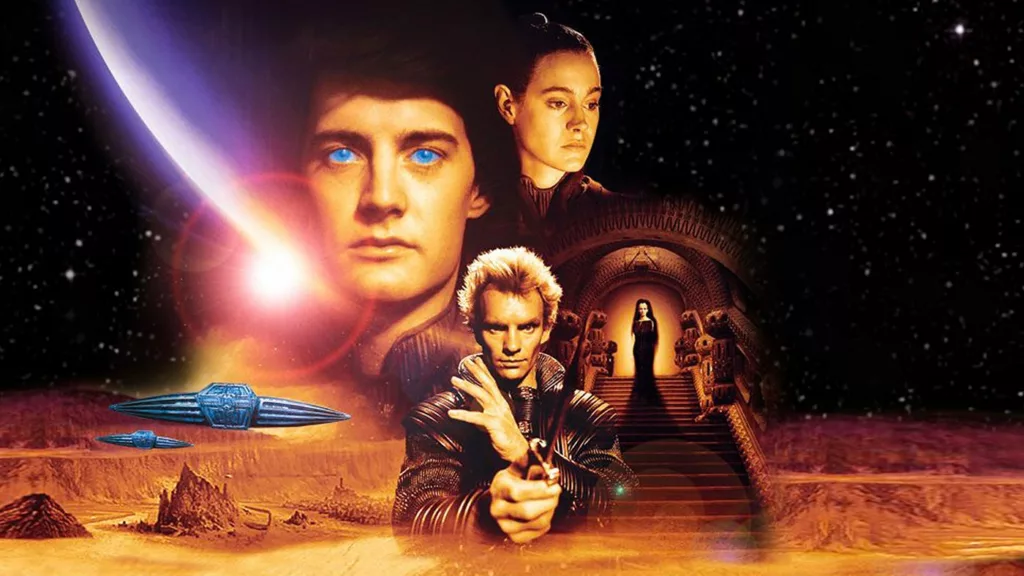In a candid revelation, legendary filmmaker David Lynch has shed light on the creative struggles and regrets surrounding his divisive 1984 adaptation of Frank Herbert’s seminal sci-fi novel “Dune.” Despite his renowned status as an auteur, Lynch admits that the film’s shortcomings were largely a result of his failure to secure final cut privileges, a lapse that ultimately compromised his artistic vision.
During an appearance on the “Wild Card with Rachel Martin” National Public Radio podcast, Lynch was asked about a misfire that taught him the most valuable lessons in his illustrious career. Without hesitation, he pointed to “Dune” as the project that crystallized the importance of maintaining creative control.
“My film ‘Dune,'” Lynch confessed. “I knew already one should have final cut before signing on to do a film. But for some reason, I thought everything would be okay, and I didn’t put final cut in my contract.”
The consequences of this oversight were profound, as Lynch found himself stripped of the authority to shape the film according to his artistic intentions. “And as it turned out, ‘Dune’ wasn’t the film I wanted to make, because I didn’t have a final say,” he lamented.
Reflecting on the hard-learned lesson, Lynch expressed bewilderment at the idea of investing years of effort into a project only to have it slip from one’s creative grasp. “Why would anyone work for three years on something that wasn’t yours? Why? Why do that? Why? I died a death, and it was all my fault for not knowing to put that in the contract.”
Despite the film’s polarizing reception, Lynch’s adaptation of “Dune” remains a significant milestone in his storied career, a testament to his ambition and willingness to tackle complex narratives on a grand scale. However, the experience left an indelible mark, underscoring the paramount importance of safeguarding an artist’s vision through contractual assurances.
In the years since “Dune,” Lynch has steadfastly adhered to the lessons learned, ensuring that his subsequent projects remain firmly under his creative control. This unwavering commitment to artistic integrity has further solidified his reputation as a uncompromising visionary, unafraid to chart his own course in the face of external pressures.
As Lynch continues to explore new frontiers in his ever-evolving body of work, the “Dune” experience stands as a poignant reminder of the delicate balance between artistic ambition and the practical realities of filmmaking. By candidly sharing his regrets, Lynch underscores the importance of preserving the sanctity of the director’s vision, a principle that has guided his subsequent masterpieces and inspired generations of filmmakers to follow.
